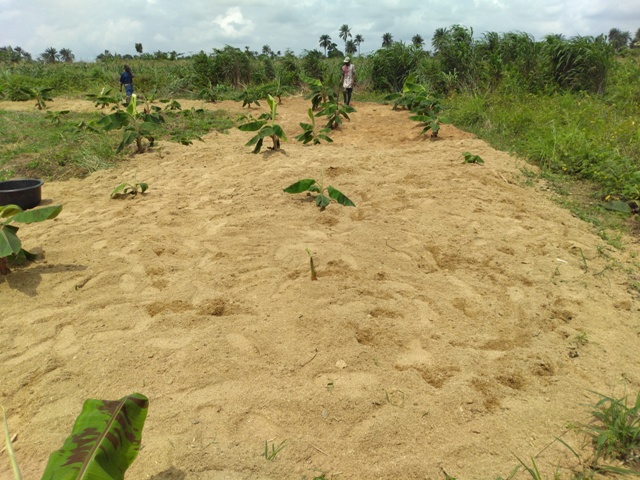Medicinal plants have evolved over the centuries as essential parts of African civilization and are widely recognized today as representing its rich cultural and scientific heritage. The increasing demand for medicinal plant products has renewed interest in the pharmaceutical industry in the production of herbal health care formulations, herbal-based cosmetic products, and herbal nutritional supplements.
Land Preparation For Planting Pasture
Pasture is a piece of land where community of plant species are growing together and producing herbage for feeding ruminant animals. Pasture lands are enclosed tracts of farmland, grazed by domesticated livestock, such as horses, cattle, sheep, or swine. The vegetation of tended pasture, forage, consists mainly of grasses, with an interspersion of legumes and … Read more


